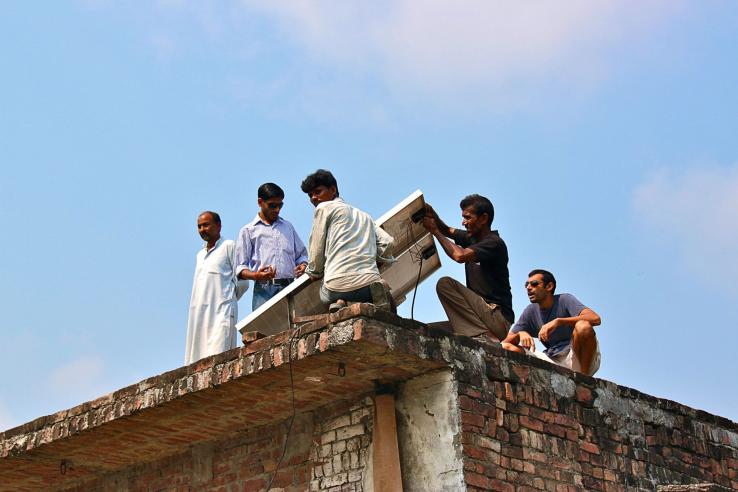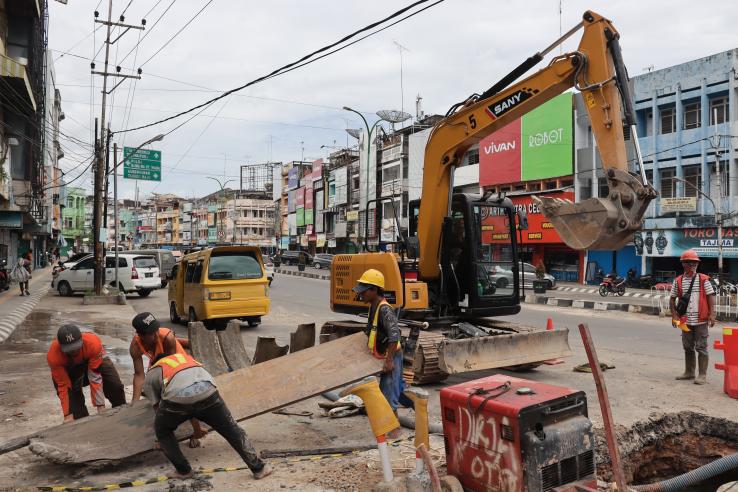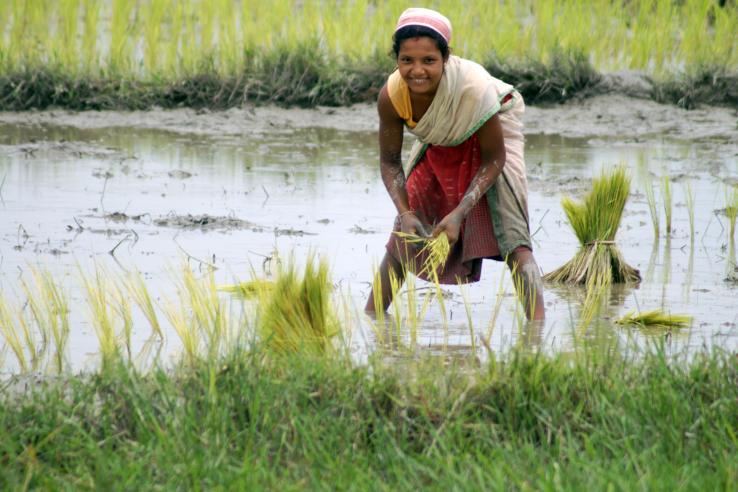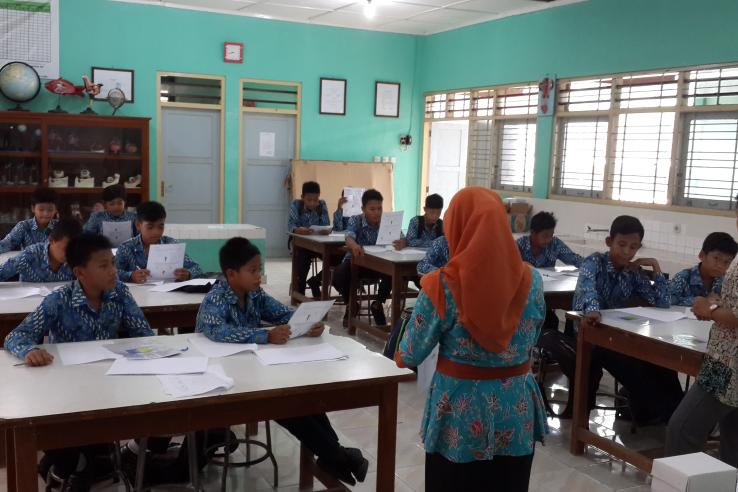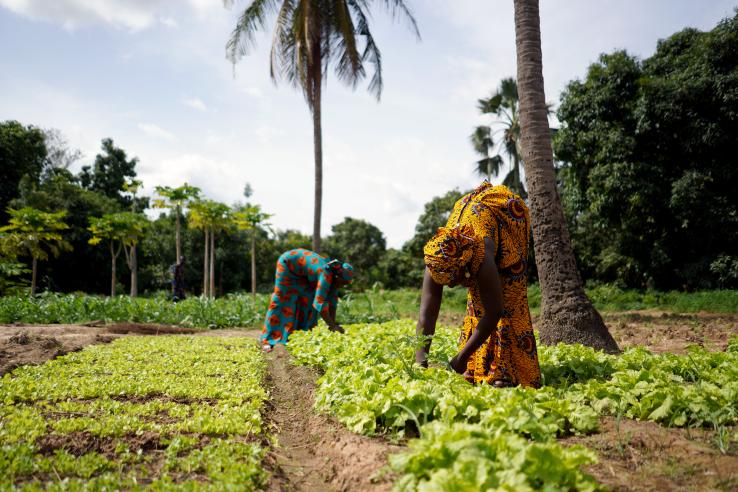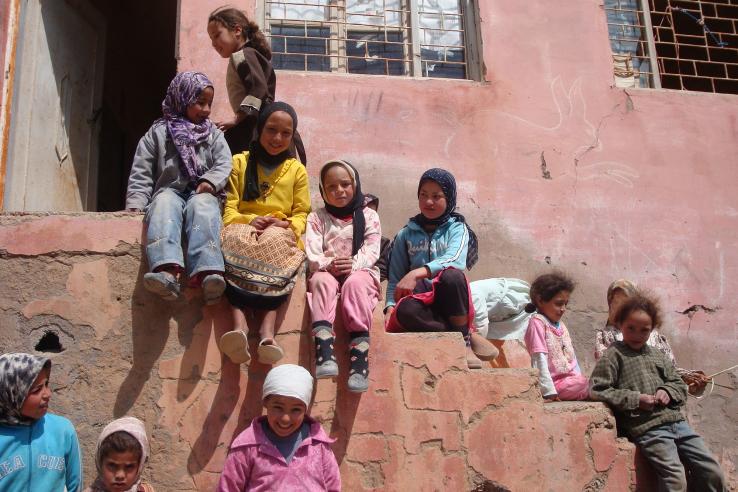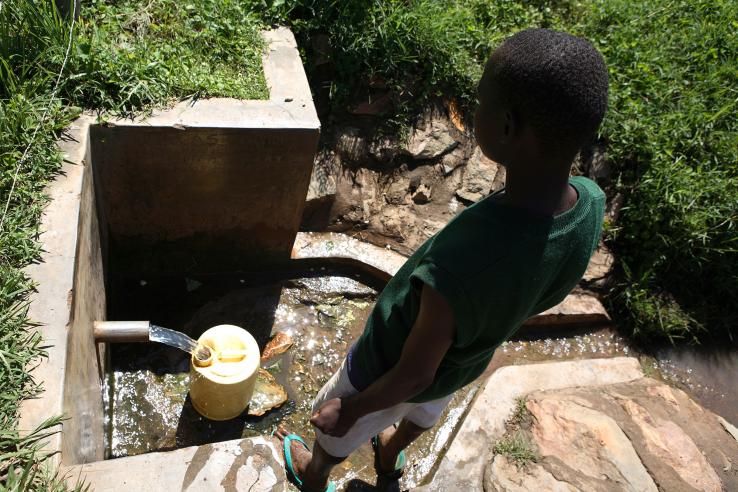Displaying 1051 - 1065 of 1291
Evaluation
To evaluate the demand for solar electricity, researchers randomly offered solar microgrid connections at different prices to households in rural areas of Bihar, India. Demand for microgrids was highly variable and low when they were offered at market price, likely because there were several other sources of electricity providing similar services.
Evaluation
Researchers conducted a randomized evaluation to test the impact of a cash transfer program conditional on seasonal migration and an unconditional cash transfer (UCT) program on rural households’ decisions to migrate and migration season earnings in West-Timor, Indonesia. Relative to the UCT, the CCT was most effective at raising migration season earnings when the transfer size was just enough to cover migration expenses; however, when the transfer size exceeded migration travel costs, relatively lower-income households migrated for the purpose of collecting the transfer and overall program impact lessened.
Evaluation
Researchers are testing the impact that stress-tolerant seeds, which have better yields than conventional varieties under weather shocks, affect landless laborers.
Evaluation
During the 1998 state and federal elections and the 1999 city elections in New Haven, Connecticut, researchers found that face-to-face canvassing and direct mail appeals significantly increased voter turnout not only during the election year but also in the election a year after.
Evaluation
Researchers examined whether a program that provides people who are incarcerated with services both prior to and after their release could improve employment prospects and reduce recidivism. One year later, the program increased employment and reduced the likelihood of re-arrest. However, earnings among the people with a criminal conviction who were employed were low and left many below the poverty line.
Evaluation
Though sometimes referred to as “a feature of the welfare state,” some employment and training programs have recently been contracted out to private enterprises. Researchers conducted a randomized evaluation to test the impact of public and private employment service providers on labor market outcomes of unemployed university graduates. Overall, researchers found that public and private employment service provision did not differ in their impacts on labor market outcomes. Private providers were less cost-effective and, despite providing more intensive and employment-oriented services, had lower client satisfaction compared to public providers.
Evaluation
Researchers conducted a randomized evaluation to measure the impact of a school-based program that used a non-monetary penalty and regular monitoring to prevent adolescent tobacco use. The program reduced the probability that adolescents smoked, with effects sustained three months after the program ended. Incorporating a school competition component to the program had no further impact on smoking abstinence.
Evaluation
In an ongoing study, researchers are aiming to identify product features that increase demand for commitment savings accounts and evaluate the effect of the accounts on farm investments and yields.
Evaluation
In Peru, researchers are conducting a randomized evaluation to measure the impact of an SMS reminder campaign on the frequency of credit report checks, credit scores, total debt levels, and interest rates paid on debt.
Evaluation
Researchers conducted a randomized evaluation of a cash transfer program in Morocco to estimate the impact on attendance and enrollment of a “labeled cash transfer” (LCT): a small cash transfer made to parents of school-aged children in poor rural communities, not conditional on school attendance but explicitly labeled as an education support program.
Evaluation
Through a randomized evaluation, researchers examined the effects of partisan mail campaigns on voter turnout in state and municipal elections in Connecticut and New Jersey. Results indicate that partisan direct mail campaigns do little to stimulate voter turnout.
Evaluation
In this study, researchers evaluated the impact of daily SMS medication reminders on treatment outcomes for tuberculosis patients. The study found that SMS reminders had no impact on treatment outcomes, self-reported adherence to the treatment regime, or self-reported physical and psychological health.
Evaluation
